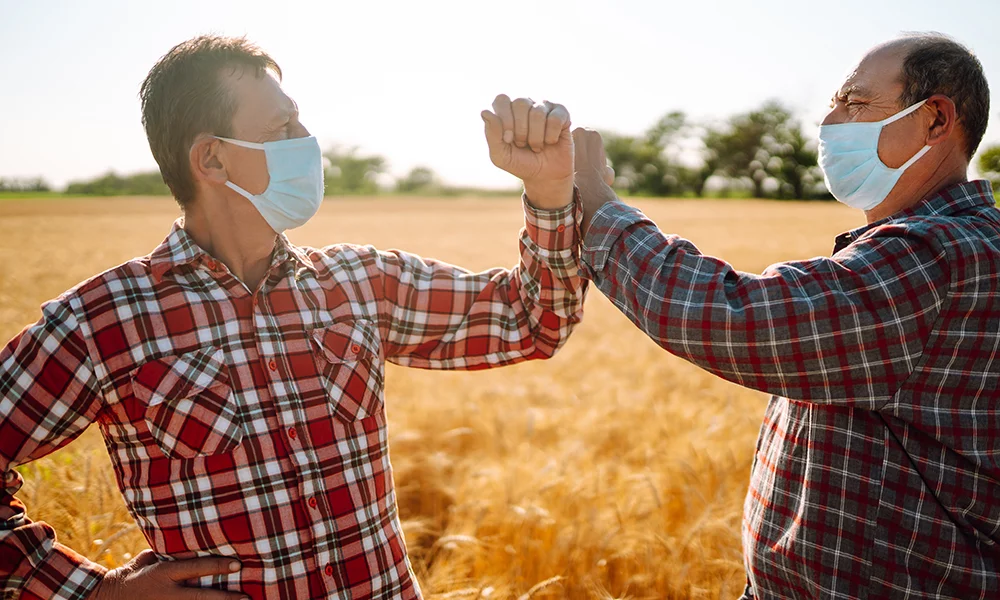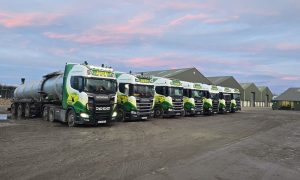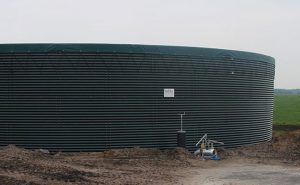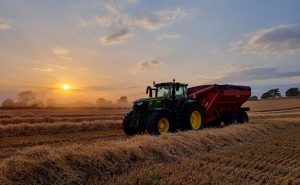What are the benefits of contract farming?

Contract farming; joint ventures between farmers and contractors have rapidly increased in popularity in recent years.
It is worth noting that a contract farming agreement is not a partnership, it is merely a joint venture between two parties; the farmer (a landowner) and the contractor (typically a local farmer or business owner).
What is contract farming?
Before we jump into the benefits of a joint venture, it’s imperative to note what contract farming actually is.
Through a joint venture, the farmer can remain involved in the day-to-day operations of the farm, while employing the services of an agricultural contractor for a fixed period (which can be anything up to five years).
So, what are the benefits of contract farming?
For the farmer: Retaining ownership of the land or farm
In the UK, where the farming population is ageing, contract farming presents an innovative opportunity to continue growing the business, without having to sell land or assets.
This in itself is beneficial for the farmer, who doesn’t have to upend generations of farm life, while the contractor can bypass the expense of starting a farm or smallholding from scratch.
Plus, by entering into a joint venture, the farmer gains valuable insight and expert advice, thanks to the contractor. Working with a contractor on a long-term basis can easily prove to be more economically viable than hiring a piece of machinery, or new members of staff.
For the farmer: Release of working capital
Contract farming agreements allow both the farmer and contractor to generate a stable, regular income. But, for the farmer, a joint venture presents them with an opportunity to release working capital, primarily through the costs of machinery.
As the contractor would typically provide their own machinery, the farmer is no longer responsible for the upkeep and maintenance of plant equipment. So, not only do they avoid depreciation charges, but the money saved by offloading the recurring costs of equipment is free for the farmer to use however they deem fit.
For the contractor: Expand the business quickly
Contract farming gives the contractor the perfect opportunity to upscale their business, while bypassing the expense of starting a farm.
For the entrepreneurial contractor, entering into one or more contracts can allow them to expand their business exponentially, while not having to worry about the overhead of land costs.
This allows the contractor to benefit from economies of scale. As their business upscales operations, and becomes more efficient – by committing to the same services, with the same machinery across multiple farms – they will, in turn, lower costs and ultimately see an increased return on investment.
For the contractor: Sharing knowledge and expertise
As we’ve said in the past, the contractor will be able to provide all of the services the farmer needs to continue running operations smoothly, with the highest-quality machinery.
So, not only will they be offering a high-quality service; they’ll also be expanding their knowledge, while imparting some valuable insight to the farmer, to help influence future business decisions.
Providing both the farmer and contractor get on well (a key element of any business agreement), this relationship is mutually beneficial. It has the potential to carry on for a long period of time.
Contract farming during COVID-19
The safety and welfare of both farmers and contractors during COVID-19 was an understandable concern for many. After all, they would be travelling between farms (potentially a significant contributor to the spread of infection).
Despite this, working with a contractor has proven to be vital for many. It has been crucial to those wanting to maintain productivity throughout the summer. As we head towards the winter months (and the subsequent second wave), there’s no denying that both farmers and contractors will continue to play a vital part in keeping the country running.
Plus, as the past few months have proven, it is possible to resume operations in a COVID-secure manner. Here at AWSM Farming, we would still recommend limiting the contact with people working on your land. If the farmer needs to talk to the contractor, this should be done via the phone.
Complying to these recommendations will remain key in keeping both farmers and contractors safe in the months to come.





